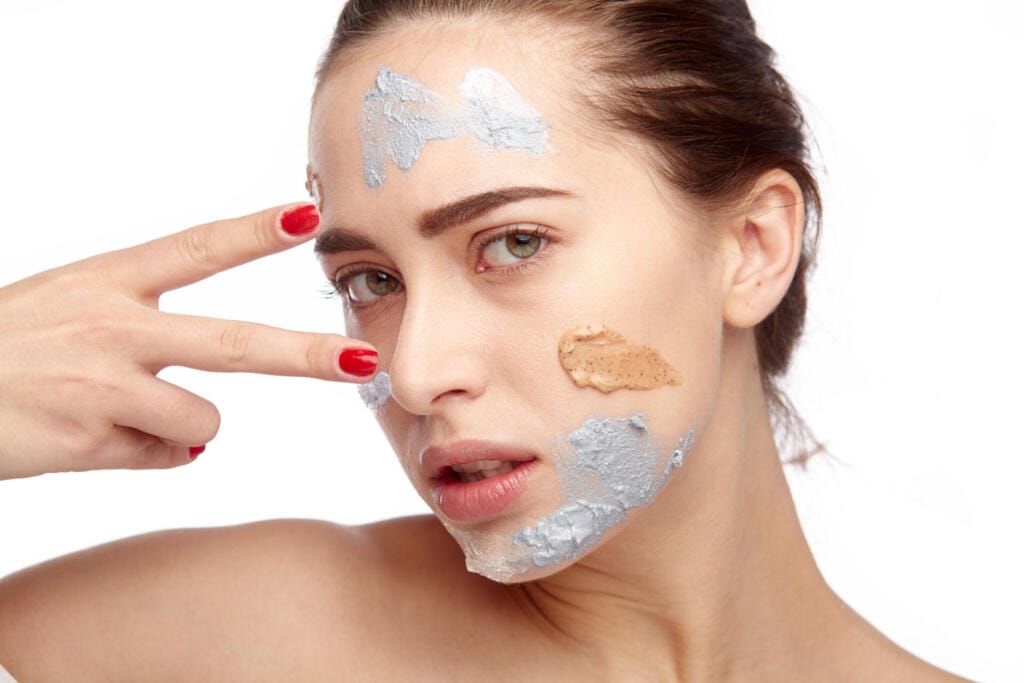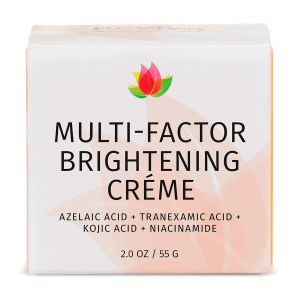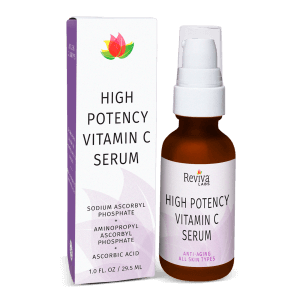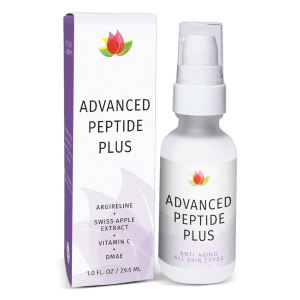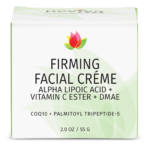Ingredients, Reviva Labs, Skin Care
Do Multifunctional Ingredients Really Work?
There’s something satisfying about finding that one skincare product that does it all. Imagine smoothing wrinkles, evening out skin tone, fighting breakouts, and boosting radiance with a single application. What if I told you that it’s not about buying multiple products but about choosing the right ingredients that can work wonders in more ways than one? This is where multifunctional ingredients step in.
Multifunctional ingredients streamline your routine while delivering significant results, and the right ones don’t just target a single skin issue. They do more boosting your skin’s health, resilience, and overall glow. From brightening Vitamin C to powerhouse peptides, let’s dive into the key players you should be looking for in your next skincare purchase.
Vitamin C: The Glow-Giver
When you think of glowing skin, Vitamin C should come to mind instantly. But there’s more to this vitamin than just a radiant complexion. Vitamin C, in its many forms (ascorbic acid being the most common), is a true multitasker.
First and foremost, it’s a potent antioxidant. That means it helps protect your skin from daily environmental damage, like UV exposure and pollution. Every day, our skin encounters free radicals—unstable molecules that can wreak havoc on healthy skin cells. Vitamin C neutralizes these free radicals, essentially preventing premature aging.
But that’s not all! Vitamin C also brightens dark spots and hyperpigmentation by inhibiting melanin production. So, if you’ve been battling uneven skin tone or post-acne marks, a Vitamin C serum might just be your new best friend. And let’s not forget its role in collagen production—yes, that’s right! Vitamin C supports your skin’s natural collagen synthesis, helping to maintain firmness and smooth out those fine lines. With so much going for it, you might be wondering: why isn’t Vitamin C in every skincare routine?
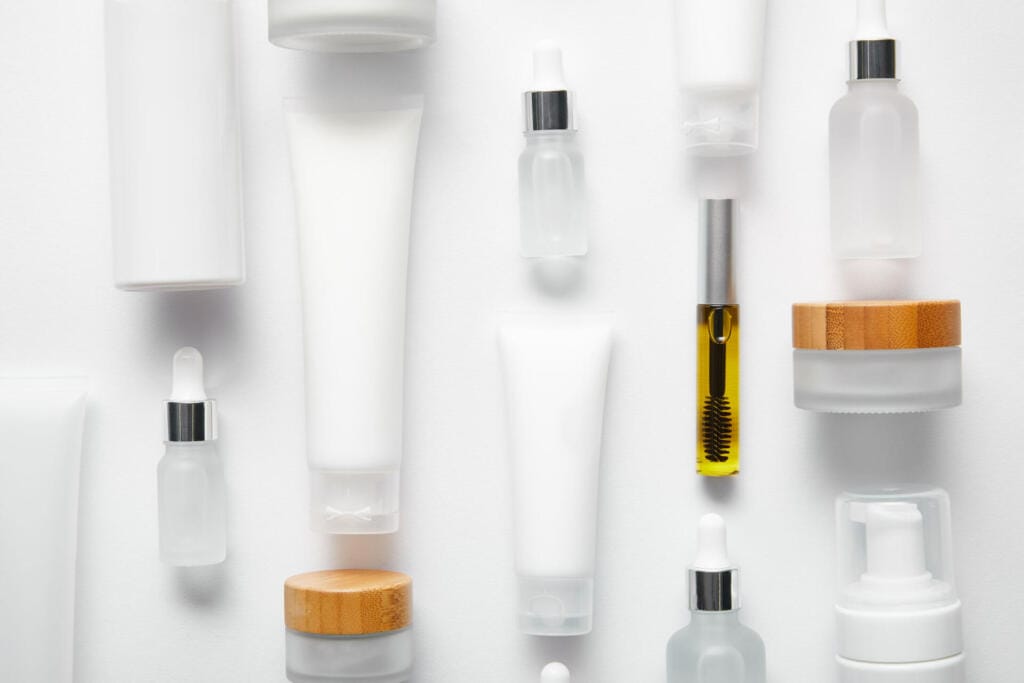
Azelaic Acid: The Underrated Hero
Next up, we have azelaic acid, a lesser-known ingredient but equally impressive in its range of benefits. It’s like that quiet, dependable friend who can solve almost any problem with minimal fuss.
Azelaic acid is best known for its ability to combat acne and rosacea. It’s naturally anti-inflammatory, which makes it perfect for soothing irritated skin and calming redness. If you’re prone to sensitivity or redness after breakouts, azelaic acid is your go-to. It also unclogs pores, keeping acne at bay while gently exfoliating the skin’s surface to reveal a smoother, more even complexion.
And did you know that azelaic acid is also great for fading dark spots? Like Vitamin C, it interferes with melanin production, making it ideal for hyperpigmentation and melasma. And the best part? It’s gentle enough for almost every skin type, including sensitive skin, which isn’t something you can say about many exfoliants. Whether your skin is oily, dry, or somewhere in between, azelaic acid fits in beautifully.
Peptides: The Building Blocks of Youth
If there’s one type of ingredient that screams “anti-aging,” it’s a peptide. But here’s the thing – they do more than just prevent wrinkles. Peptides are short chains of amino acids that serve as the building blocks for proteins like collagen and elastin—both of which are essential for youthful, firm skin.
As we age, our natural collagen production slows down, leading to the inevitable sagging and fine lines we all try to avoid. Enter peptides. By using products that contain these powerhouses, you’re essentially telling your skin, “Hey, we need more collagen here!” The result is firmer, smoother, and more resilient skin.
Peptides also help strengthen your skin’s barrier, which is essential for keeping moisture in and harmful pollutants out. And here’s a bonus – they can be particularly helpful if you have sensitive skin since they work to reduce inflammation and redness. So, if you’ve been on the hunt for an ingredient that can smooth, firm, and protect, peptides have got you covered.
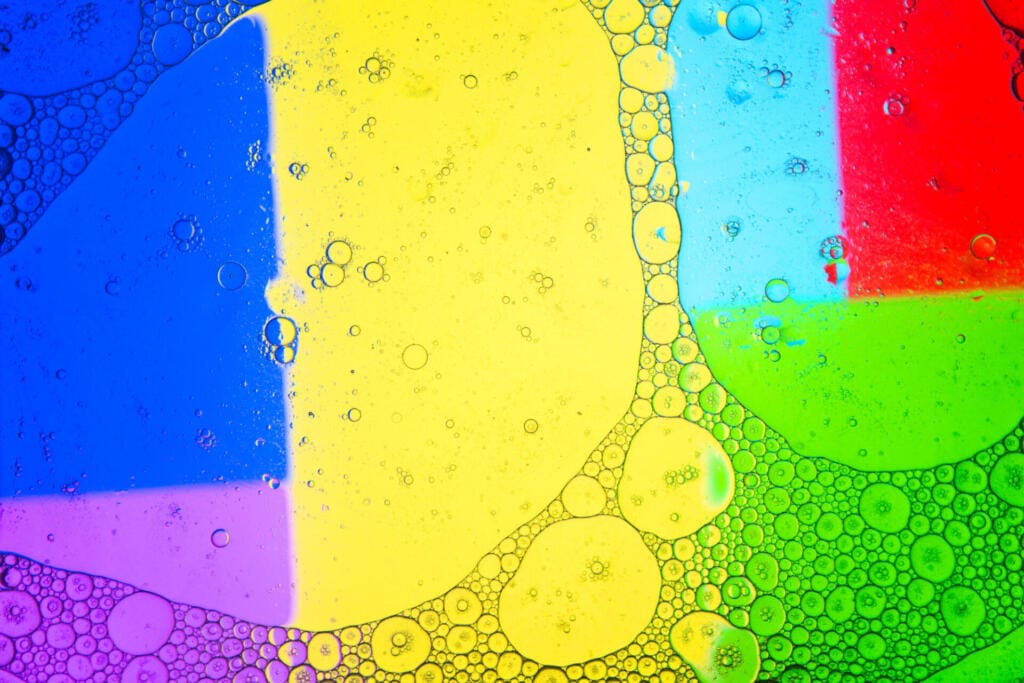
Niacinamide: The All-Rounder
Niacinamide, also known as Vitamin B3, is another true all-rounder when it comes to skincare. Its versatility makes it an essential addition to any routine. So, what exactly does it do?
First, niacinamide strengthens the skin’s protective barrier. This means it helps your skin retain moisture, making it an excellent choice for anyone with dry or dehydrated skin. Second, Niacinamide is also brilliant for oily and acne-prone skin. It regulates oil production, which can reduce the occurrence of breakouts, and it minimizes the appearance of pores over time.
Additionally, niacinamide has powerful anti-inflammatory properties, making it great for calming down redness, irritation, or skin conditions like eczema. It even boosts the skin’s ability to repair itself, which can be a game-changer if you’ve been dealing with any form of skin damage, whether it’s from the sun, acne, or over-exfoliation.
One of the most exciting things about niacinamide, is that it’s incredibly gentle and works well with just about every other skincare ingredient. Whether you’re combining it with retinoids, Vitamin C, or exfoliants, niacinamide can slot right into your routine without causing irritation.
Glycolic Acid: The Exfoliator with Extra Benefits
Glycolic acid is best known for its exfoliating prowess. As part of the alpha hydroxy acid (AHA) family, glycolic acid works by dissolving the bonds between dead skin cells, allowing them to shed more easily and revealing fresh, glowing skin underneath.
But glycolic acid isn’t just about sloughing off dead skin. It also stimulates collagen production, which helps to plump up the skin and smooth out fine lines. And because it penetrates deeper than most other acids, it can improve the overall texture and tone of your skin, leaving it feeling smoother and more refined.
What many people don’t realize is that glycolic acid can also help with pigmentation issues. By speeding up cell turnover, it encourages new, unblemished skin to surface more quickly. That means dark spots, sun damage, and post-acne marks fade faster. However, because it can be a bit stronger, it’s important to start slow if you’re new to acids, especially if your skin is on the sensitive side.
The Beauty of Multifunctional Ingredients
It’s easy to see why products featuring Vitamin C, azelaic acid, peptides, niacinamide, or glycolic acid are some of the most sought-after in the skincare world.
What’s more exciting is the way these ingredients can complement each other. For example, using Vitamin C in the morning to protect against environmental damage and niacinamide at night to repair and soothe the skin creates a balanced routine that addresses multiple concerns at once.
Multifunctional ingredients are the future of skincare because they give us more with less. They streamline our routines and tackle a range of skin issues without the need for a dozen different products. So, if you’re looking for a routine that works hard for your skin, these are the ingredients you’ll want to look out for. Trust me, your skin will thank you.



